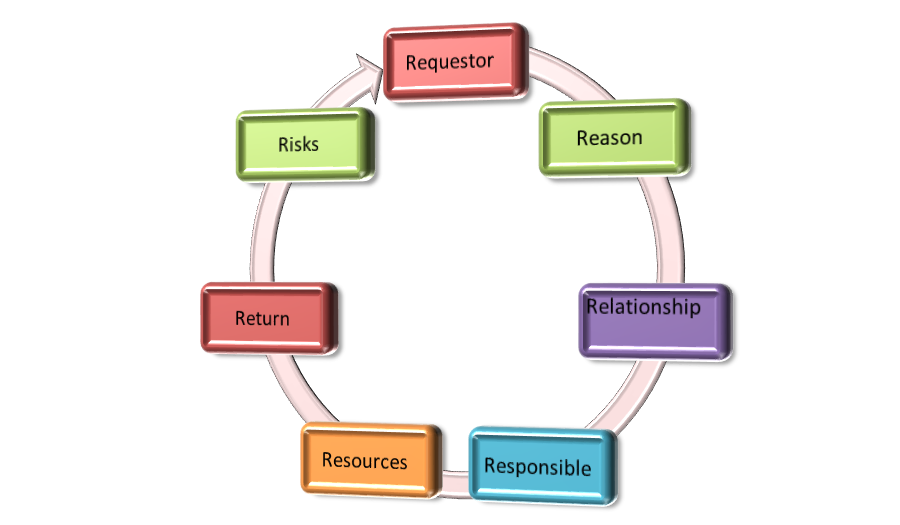Cambridge is a university city and the county town in Cambridgeshire in England. It is located on the River Cam about 50 miles north of London. Its population is about 123,867. It is situated at the heart of the high-technology Silicon Fen with industries like software and bioscience and many more start-up organisations.
Governance
Local Government
Cambridge is a non-metropolitan district that is served by Cambridge City Council in England. Cambridge Local Authority District covers most of the urban area of the city. The headquarters of the city is in Guildhall (large building in the market square). In 1207, King John granted the Cambridge, which allowed the appointment of a mayor. Now, mayors are elected annually.
Westminster
Most of the city is protected by the parliament constituency of Cambridge. In general elections of 2015, Daniel Zeichner was elected as Member of Parliament (MP). He was re-elected in the general elections of 2017. Heidi Allen is the MP of Queen Edith’s ward that lies in the South Cambridgeshire constituency. Heidi Allen was also elected in 2015 and was re-elected in 2017.
Geography
Cambridge is located about 50 miles north-by-east of the London. This county town was historically surrounded by low-lying wetlands which have been drained with the expansion of the town. The river calm flows through the village of Grantchester to the south-west.
Climate
Cambridge has two official weather observing stations. One is National Institute of Agricultural Botany, and another is Cambridge University Botanic Garden. Also, the University's Computer Laboratory displays weather conditions online through web browsers.
Ecology
Cambridge contains three sites of scientific Interest at Cherry Hinton West Pit, Cherry Hinton East Pit and Travellers Pit, and ten Local Nature Reserves.
Demography
It’s hard to measure demography of Cambridge as it changes considerably. In 2001 census, 89.44% residents of Cambridge identified themselves as white. Inside University, 84% of undergraduates and 80% postgraduates identify themselves as white. Cambridge has a higher proportion than average of people paid in managerial and administrative jobs and much lower than average proportion of manual workers. Also, much higher than average proportion of people having a high-level qualification like degree, Master’s, PhD or Higher National Diploma.

 ENQUIRE
ENQUIRE
 REQUEST CALLBACK
REQUEST CALLBACK
 GET A FREE QUOTE
GET A FREE QUOTE


 Introduction
Introduction Course Details
Course Details Course Content
Course Content





 London
London